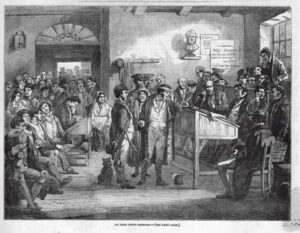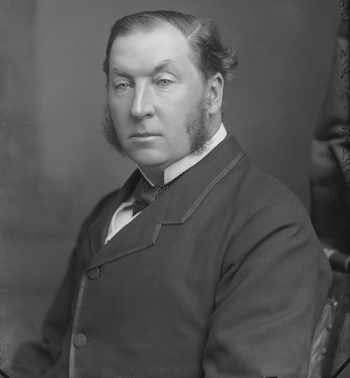Open justice and civil jurisdiction, in the Courts Bill 2013
 The Department of Justice yesterday published the Courts Bill, 2013, which has two main aims. The first is to increase the monetary limit of the jurisdiction of the District and Circuit Courts in civil matters. The second is to allow the press some limited access to family law proceedings.
The Department of Justice yesterday published the Courts Bill, 2013, which has two main aims. The first is to increase the monetary limit of the jurisdiction of the District and Circuit Courts in civil matters. The second is to allow the press some limited access to family law proceedings.
At present, pursuant to the Courts Act, 1991 (also here), the limit for the District Court is €6,384 (formerly £5,000), and this Bill would raise it to €15,000; and the limit for the Circuit Court is €38,092 (formerly £30,000) and this Bill would raise it to €60,000 for personal injury actions and €75,000 for all other civil claims. This is long overdue, as it will mean that cases can now be heard in more appropriate courts; in particular, matters appropriate to the Circuit Court need no longer be commenced in the High Court. In such cases, there will be simplified procedures and reduced costs. I think this is an entirely sensible idea, but I have two comments. First, section 16 of the Courts Act, 1991 (also here) provides a power by which the government may by order vary these limits without recourse to primary legislation; and I hope that this power is used in future to ensure that the District and Circuit Court limits keep pace with inflation.…




